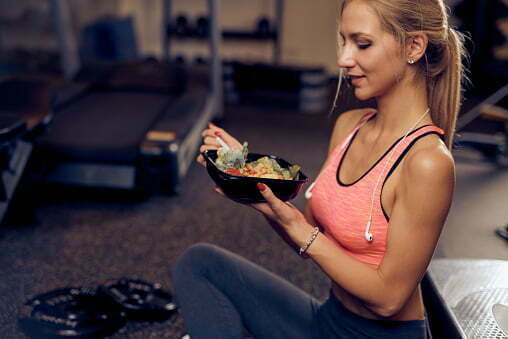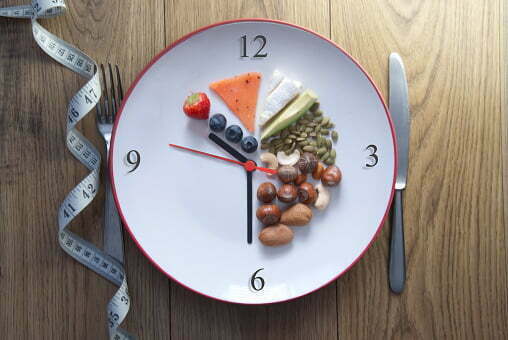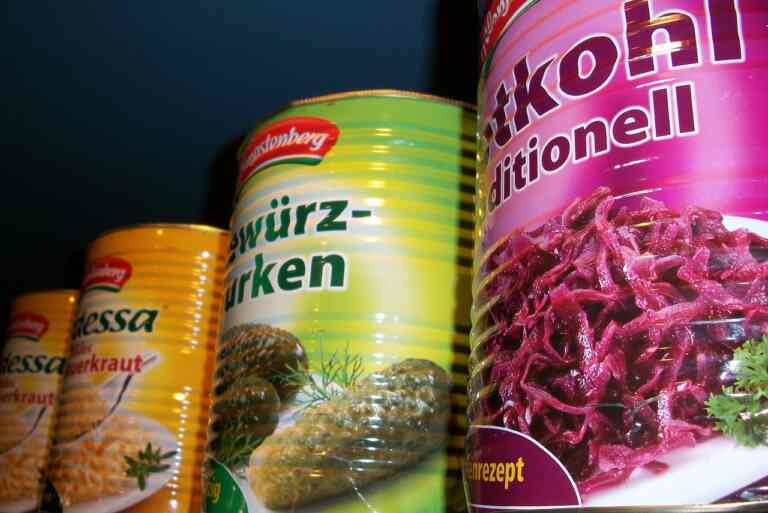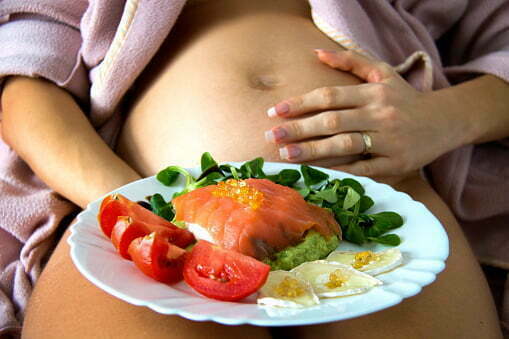Can We Eat While Exercising?
Can we eat while exercising? Eating while exercising can be beneficial for the body, as it can provide the necessary fuel to sustain energy and optimize performance. However, it’s important to choose the right types of foods and timing to avoid discomfort or decreased performance. Foods that are easily digestible and provide a good balance of carbohydrates, protein, and healthy fats can help support energy levels and muscle recovery.
Timing is also key, with a meal or snack consumed 2-3 hours or 30 minutes to an hour before exercise, respectively. Staying hydrated and listening to your body are also crucial factors in optimizing exercise performance. Overall, eating while exercising can be a helpful strategy to support your fitness goals.
Fueling Up: Exploring the Pros and Cons of Eating During Exercise
Fueling up during exercise can have its pros and cons, depending on the individual’s needs and preferences. On the positive side, consuming easily digestible foods or drinks during exercise can provide a quick source of energy to sustain performance and prevent fatigue. This can be especially important for endurance athletes or those engaging in high-intensity workouts. Additionally, consuming protein during exercise can help support muscle recovery and growth.
On the negative side, eating during exercise can cause discomfort or digestive issues for some individuals. It especially if they consume foods that are high in fat or fiber. Timing is also important, as eating too close to exercise can interfere with performance. Overall, the decision to fuel up during exercise depends on the individual’s goals, preferences. And how their body responds to different types and timing of foods.
Eating Before Exercise: Is It Actually Beneficial?
Eating before exercise can be beneficial for some individuals, as it can provide the necessary fuel to optimize performance and prevent fatigue. Consuming a meal that is high in carbohydrates, moderate in protein. And low in fat 2-3 hours before exercise can provide the body with the necessary energy to sustain a workout. Additionally, consuming some protein before exercise can help support muscle recovery and growth.
However, the timing and type of food consumed before exercise can vary depending on the individual’s needs and preferences. Some individuals may prefer to exercise on an empty stomach, while others may need to eat closer to exercise time to prevent hunger or low blood sugar levels. Overall, eating before exercise can be beneficial for some individuals. But it’s important to experiment and listen to your body to determine what works best for you.

Eating and Exercising: What You Need to Know to Stay Healthy
Eating and exercising are two important factors in maintaining a healthy lifestyle. But it’s important to understand how they work together to optimize health. Eating a balanced diet that includes a variety of whole foods, such as fruits on empty stomach, vegetables, whole grains, Dairy Products and lean proteins. It can provide the necessary nutrients to support exercise performance and recovery.
Additionally, staying hydrated by drinking enough water before, during, and after exercise is crucial for maintaining energy levels and preventing dehydration. It’s also important to pay attention to timing and types of food consumed before and after exercise to support energy levels and muscle recovery.
Finally, listening to your body and adjusting your diet and exercise routine accordingly is important in maintaining a healthy balance. Overall, incorporating healthy eating habits and regular exercise into your lifestyle can lead to improved health and wellbeing.
When Is It Appropriate to Eat During Exercise?
It is appropriate to eat during exercise when the workout is intense and/or prolonged. Consuming easily digestible carbohydrates during exercise can provide the necessary fuel to sustain performance and prevent fatigue. It especially for endurance athletes or those engaging in high-intensity workouts. Additionally, consuming protein during exercise can help support muscle recovery and growth. However, it’s important to choose the right types of foods and timing to avoid discomfort or decreased performance.
Foods that are high in fat or fiber may cause digestive issues and should be avoided during exercise. Timing is also key, with small snacks or drinks consumed every 30 minutes to an hour during prolonged exercise. Overall, consuming food or drinks during exercise can be a helpful strategy to support your fitness goals, but it should be tailored to your individual needs and preferences.
Tips on Eating While Exercising: To Eat or Not to Eat
Fueling your body during exercise can help you perform at your best, but knowing what to eat and when can be a bit tricky. Here are some tips on eating while exercising:
- Listen to your body: Every person is different, and what works for one person may not work for another. Pay attention to how your body feels during exercise and adjust your eating habits accordingly.
- Choose easily digestible foods: Foods that are high in fiber, fat, or protein can be difficult to digest and may cause discomfort during exercise. Stick to foods that are easily digestible, such as fruits, energy gels, or sports drinks.
- Time your meals: Eating a large meal too close to exercise can cause digestive issues, so it’s best to eat a small snack 30 minutes to an hour before exercise. For longer workouts, consume small snacks or drinks every 30 minutes to an hour.
- Stay hydrated: Drinking enough water before, during, and after exercise is crucial for maintaining energy levels and preventing dehydration. Sports drinks can also be beneficial for prolonged exercise as they contain electrolytes to replace those lost through sweat.
- Experiment: Finding what works best for your body may take some trial and error. Experiment with different types and timing of foods to see what works best for you.
Remember, eating during exercise isn’t always necessary, especially for shorter workouts. However, for longer or more intense workouts, consuming easily digestible foods or drinks can help support your performance and recovery.
Conclusion
In conclusion, whether or not to eat during exercise depends on several factors, including the type and intensity of the workout, personal preferences, and how your body responds to different types of foods. While some individuals may benefit from consuming easily digestible foods or drinks during exercise to sustain performance and prevent fatigue, others may prefer to exercise on an empty stomach. It’s important to listen to your body, experiment with different types and timing of foods, and stay hydrated to optimize your exercise performance and recovery. Overall, fueling your body appropriately during exercise can help you perform at your best and reach your fitness goals.
Related Posts
This article is reviewed by Russel, before publishing. If you have any doubt, you can contact us or consult with your nearby doctor. Remember, in medical matters, there is no same advice, cure, and medicine for all.







